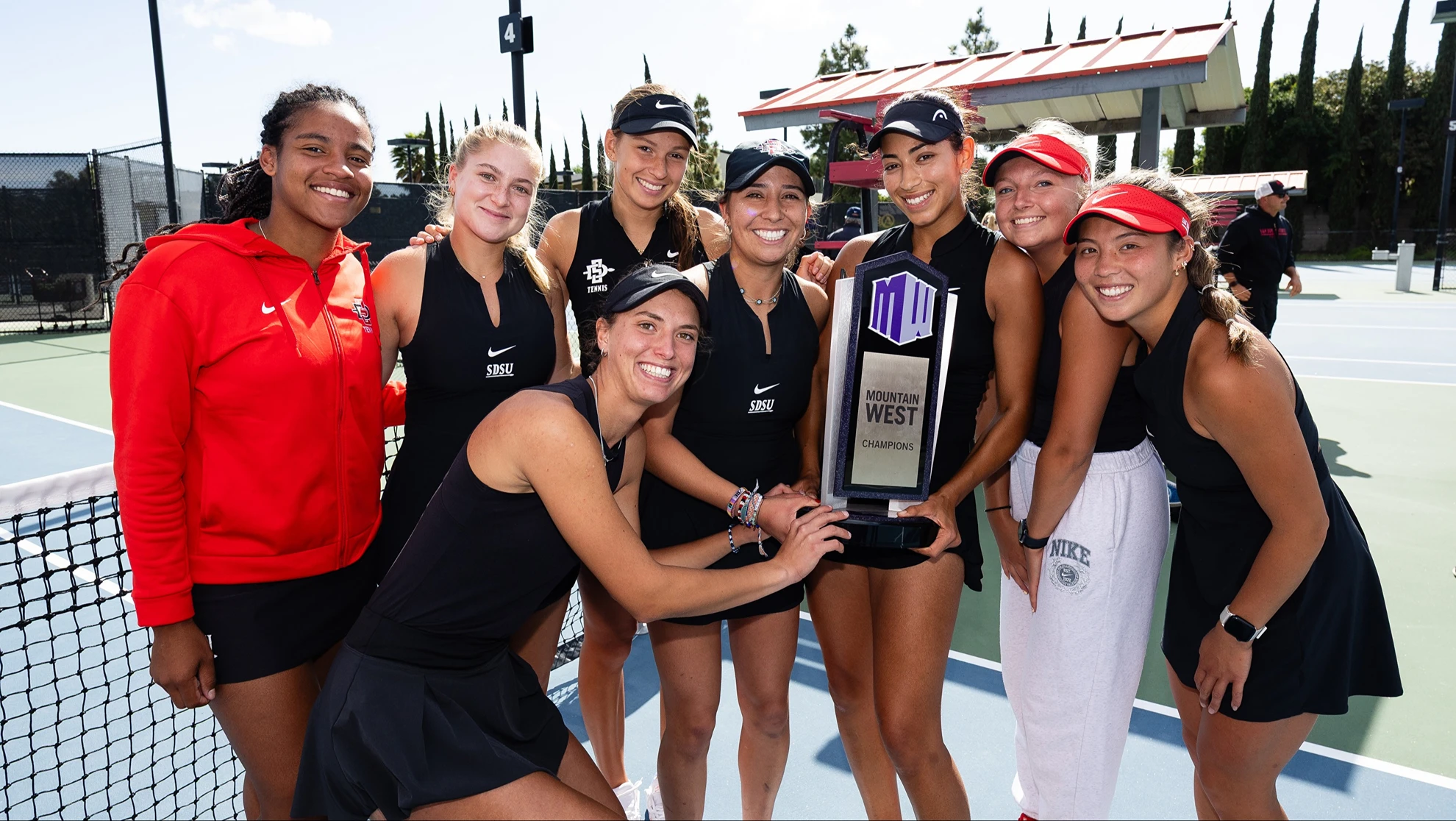Fighting Flooding along the West Coast
SDSU civil engineering professor Hassan Davani has earned an NSF CAREER Award for his work in Water Resources Engineering.

If the rainfall of January 2023 has taught California anything, it’s importance of understanding its flooding infrastructure to prevent future inundations.
San Diego State University water resources engineer Hassan Davani is the latest to earn a National Science Foundation CAREER Award for his work on just that: stormwater flooding and stormwater pollution.
Davani has used his expertise in shoaling, the increase in groundwater tables caused by rising sea level, to inform his work in the SDSU Urban Water Lab. The lab focuses on water resource challenges in urban areas and climate change forecasting.
“My lab is trying to directly address the challenges that coastal communities are facing, especially those that are underserved and disadvantaged,” said Davani.
Some of these challenges, Davani said, are the emerging climatic stressors and flooding challenges on the civil infrastructure, such as stormwater and wastewater infrastructure, which are expected to strain under climate change and sea-level rise stressors.
His NSF CAREER Award aims to combat this. His project will receive over $500,000 over five years to fund his lab’s research, which focuses on the application of advanced computational techniques, field measurement and community engagement to explore shoaling impacts.
CAREER grant recipients are early career faculty members selected for their potential as academic role models in research and education and to lead advances in the mission of their institution. Davani’s award now marks the eighth CAREER award for the College of Engineering in two years, and the second for the Department of Civil, Construction and Environmental Engineering (CCEE) this year.
Along with this NSF CAREER Award, Davani is the recent recipient of another NSF Award, which will focus primarily on rainwater infrastructure potentials. “They’re different infrastructures, but the projects are each tackling the impacts of climate change and sea level rise on certain infrastructures,” said Davani.
With each of his NSF awards covering a different aspect within the core area of infrastructure sustainability and resilience, Davani’s research makes a difference in all areas. Davani plans to engage engineers and planners in public works departments through workshops on sustainability implications of sea level rise, including San Diego, in the San Francisco Bay area, and further north.
Along with the outcomes of his research benefiting communities vulnerable to flooding, the findings of his research will inform Davani’s new Coastal Infrastructure Sustainability course as a technical upper-division elective for civil and environmental engineering majors at SDSU to
be developed over the course of his 5-year NSF CAREER project. The course will fulfill curricular needs in the department in the area of infrastructure sustainability, a booming interest for SDSU students.
An important component of Davani’s grant involves outreach. He plans to develop open educational resources for undergraduate students through the project’s funding, and he plans to engage K-12 students and teachers at local public schools managed by SDSU’s Pre-College Institute - for which his team of undergraduate researchers, who are working on projects ranging from surveying residents’ needs to pinpointing the most flood-vulnerable communities, will participate in.
“Dr. Davani’s research addresses some of the most pressing challenges on storm infrastructure,” said CCEE department chair Dongye Zhao. “This prestigious NSF award not only recognizes the intellectual merits and the potential societal impacts of his work but also enables him to develop transformative approaches in building resilient and sustainable infrastructures.”



